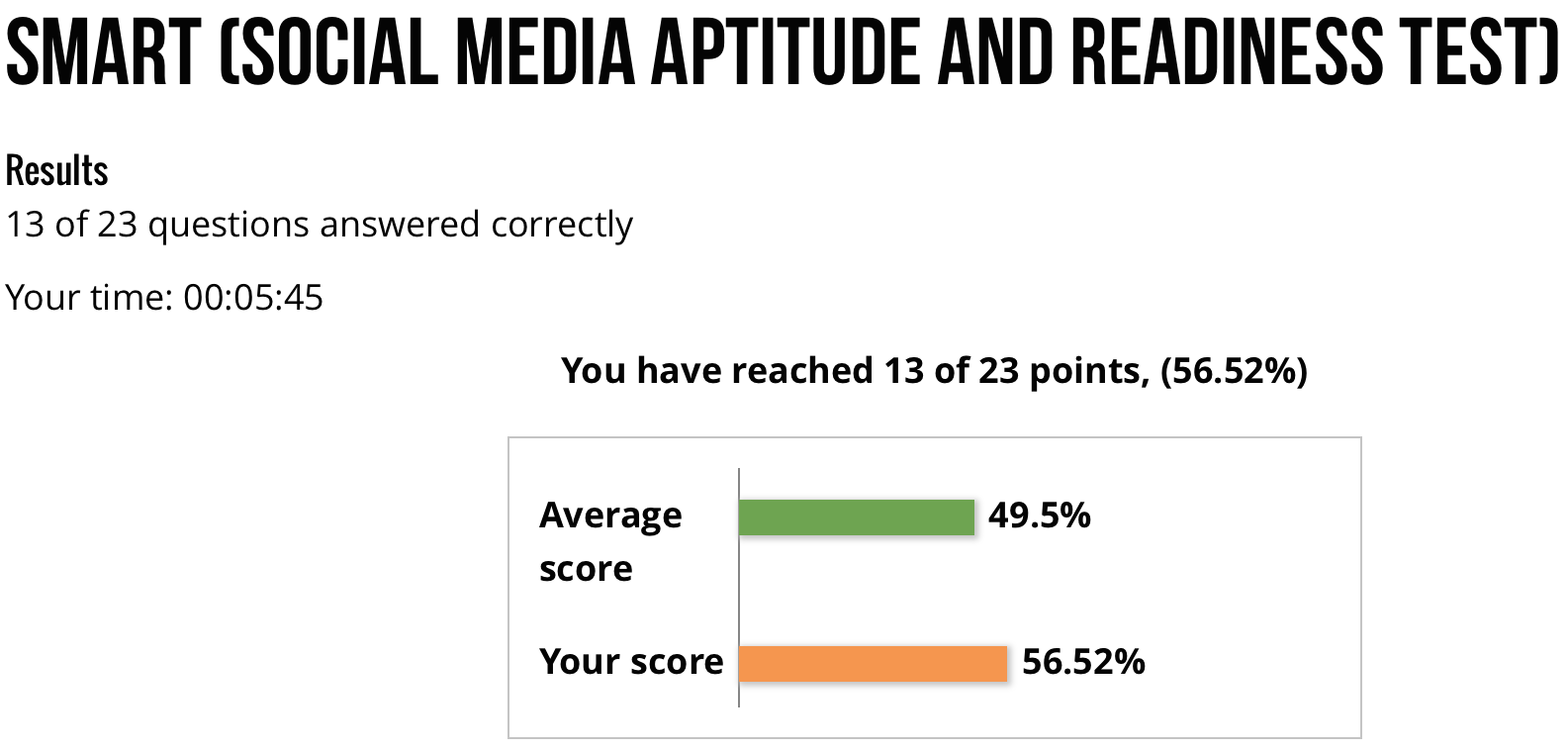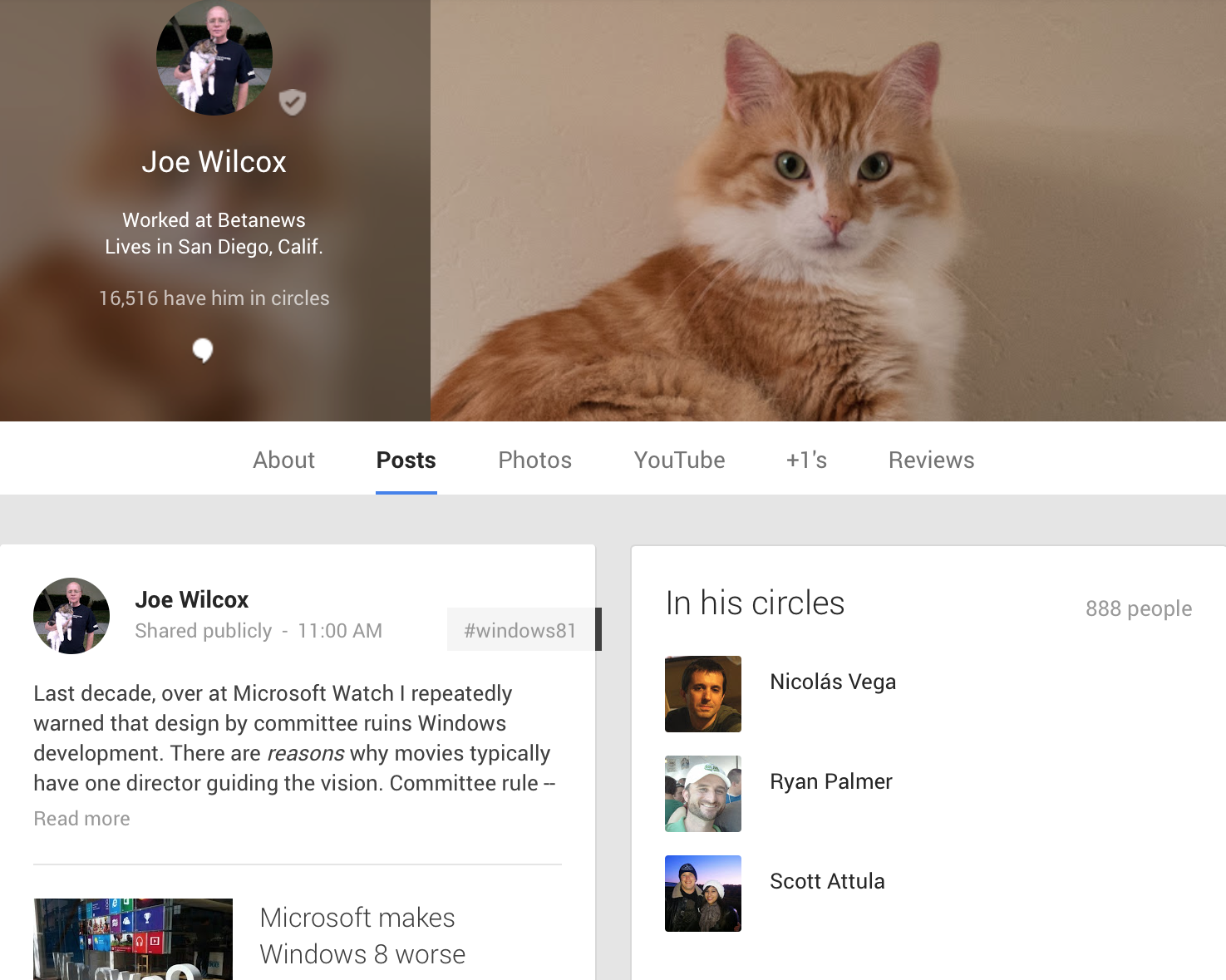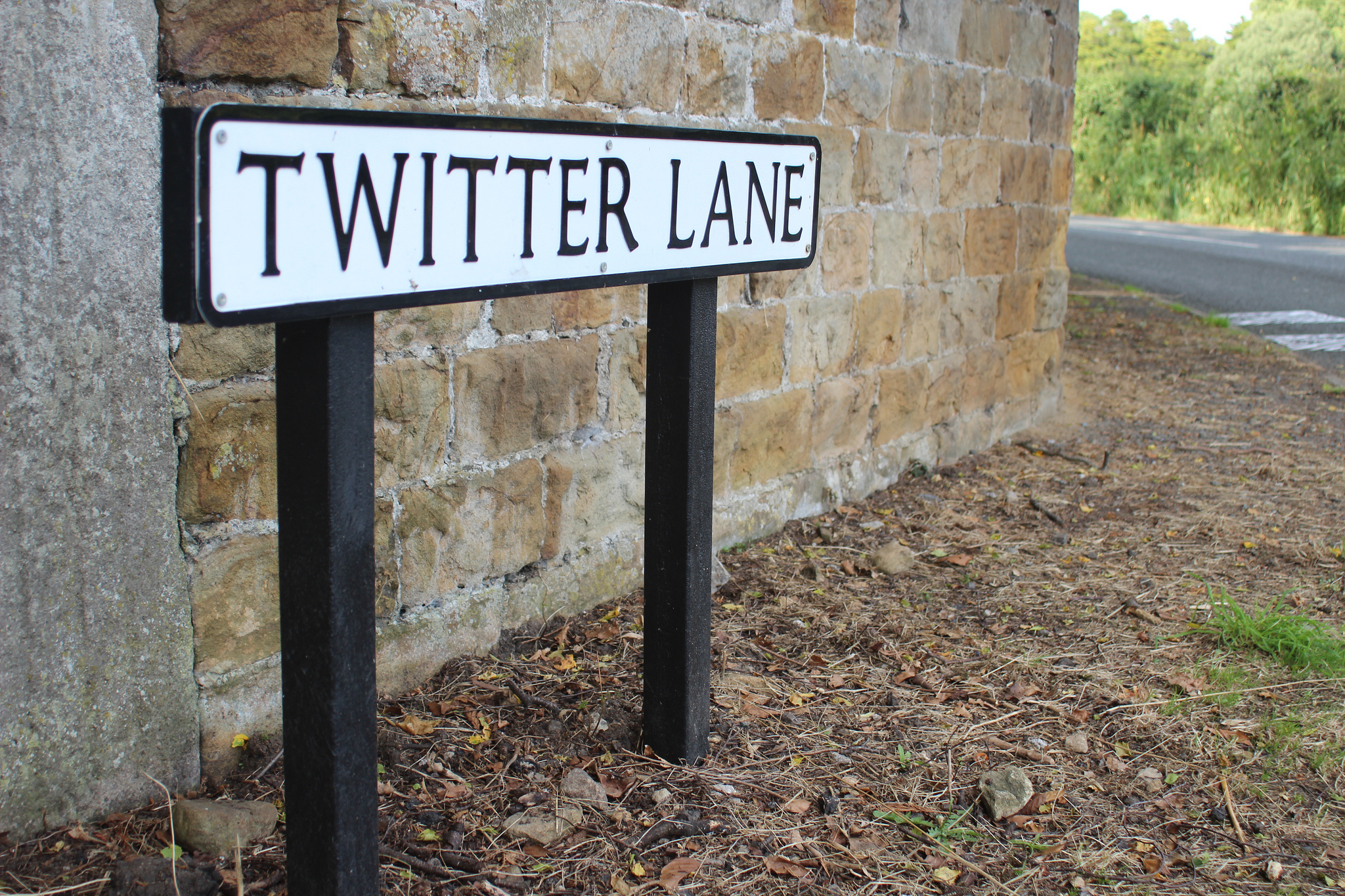Six months have passed since I walked by the painted window, somewhere in San Diego’s North Park neighborhood, that is this post’s Featured Image. My thoughts needed some percolation before I was ready to express them. Here we go. Women of a certain age (often middle age, or older), economic status (Middle Class or wealthier, which means entitled), and race (white) are all over the InterWebs for behaving badly. Somebody smartphone-videos their tirades, which may or may not include racial slurs but more often is angry or exasperated. The typical stereotype is the woman who calls cops or store manager to settle a perceived grievance.
Call it the new KKK—Karen-Ken Klan, which lynches people in the social media public square, where they don’t lose their lives but absolutely lose their livelihoods: Jobs and reputations, for starters. Death would almost be merciful compared the merciless torture for which they endure.










